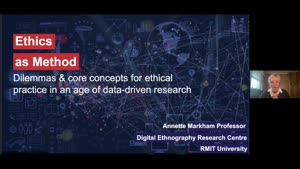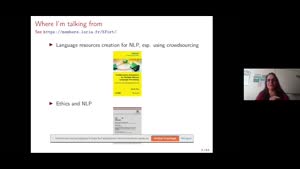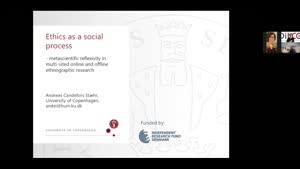Digital discourse analysis in public policy research: The case of doxxing discourse in Hong Kong: DiLCo Lecture Series 2022 (24 November) - Carmen Lee - Universität Hamburg
- Lecture2Go
- Videokatalog
- F.5 - Geisteswissenschaften
- Sprache, Literatur, Medien (SLM I + II)
- Digital language variation in context (DiLCo)
Videokatalog
Digital discourse analysis in public policy research: The case of doxxing discourse in Hong Kong: DiLCo Lecture Series 2022 (24 November)
As an act of digital vigilantism, doxxing exposes one’s ‘true’ identity and invites public shaming of the target’s perceived wrongdoing (Garcés-Conejos Blitvich, 2021; Trottier, 2020). Scholarly attention to doxxing is evident in multiple disciplines, but rarely has it been the focus of linguistics research. This talk engages with recent arguments in discourse-based research that conceptualize online aggression as recontextualized discursive practice (Baider, 2020; Lee, 2020, 2021). I first report on findings from my recently completed project on doxxing discourses in Hong Kong, funded by the Public Policy Research funding scheme (Ref. 2021.A4.075.21A), drawing on critical discourse analysis of online discussions, focus-group and individual interviews, and government policy documents. The aim of this talk is to explore the relationship between public policy and digital discourse analysis, addressing such questions as: What policy implications can be drawn from the project? What and how much can digital discourse analysis reveal about potentially offensive online practices? Essentially, what are the limits of the discourse analyst in informing policy development and what is the way forward? This talk critically engages the notions of ambivalence and reflexivity in understanding the fluidity in public perceptions of controversial online behaviour (Fisher, 2019). It also underscores the methodological significance (and limitation) of digital discourse analysis in policy decisions targetting online utterances.
Carmen Lee is Associate Professor in the Department of English at Chinese University of Hong Kong. She is Associate Editor of the journal Discourse, Context & Media and co-editor of the Routledge Language and Digital Media book series. Her research interests include social media discourse, internet multilingualism, and digital literacies. Currently, she is conducting research projects on aggressive discourses such as hate speech and doxxing online. Her major publications include Language Online (2013, Routledge, with D. Barton) and Multilingualism Online (2017, Routledge).
DiLCo Lecture Series 2022 aims to showcase cutting edge international research on digitally language and communication by both senior and younger researchers from across the world. We wish to present research that explores digital language and communication by drawing on key concepts and topics in socio-cultural linguistics, such as community, context, identity, mediated interaction, multimodality, and linguistic change. We particularly welcome presentations of innovative methods that cut across traditional disciplinary boundaries.
---
DiLCo (‘Digital language variation in context’) is a 3-year international research network initiated in 2021 at the University of Hamburg. The network brings together researchers from Europe and USA with expertise in computational, interactional, and ethnographic approaches to digital language and linguistics. It aims to provide a platform for the development of interdisciplinary ideas in digital language and communication research, and for early-career capacity building.

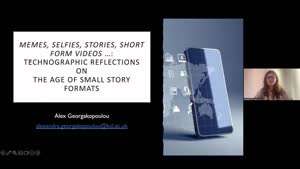
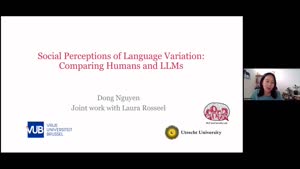
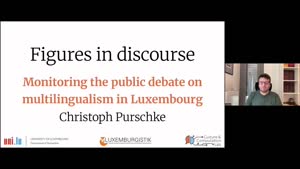
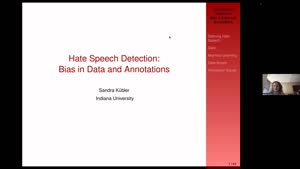
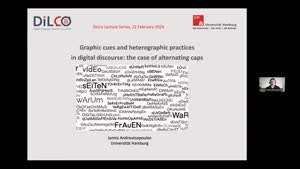
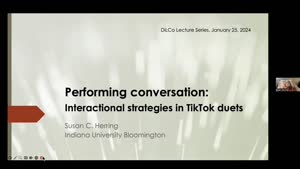
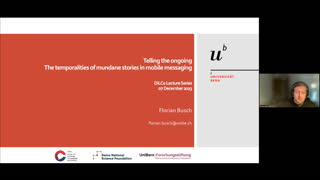
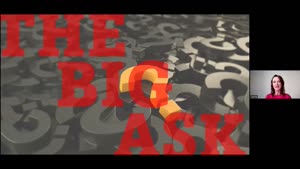
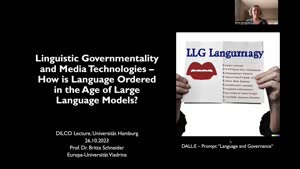
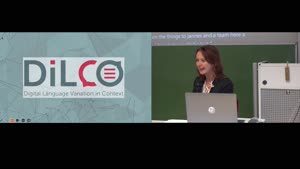
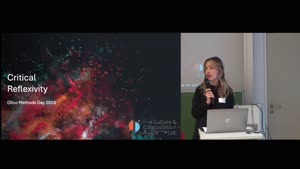
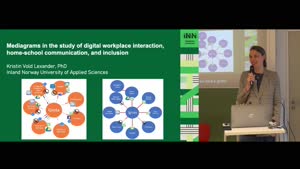
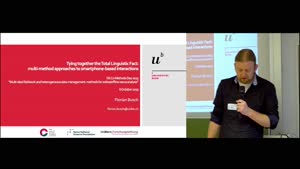
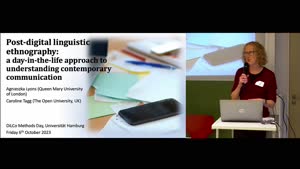
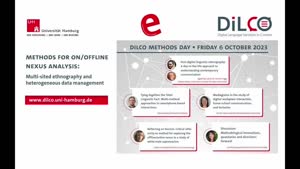
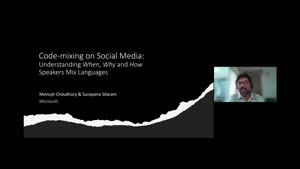
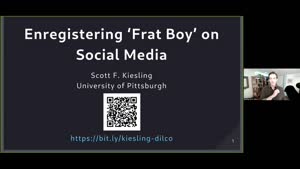
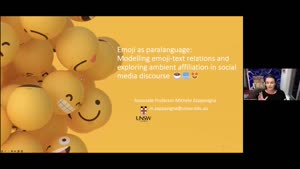
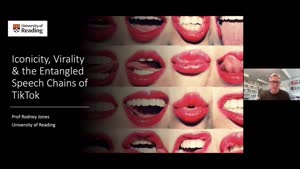
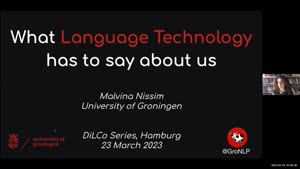
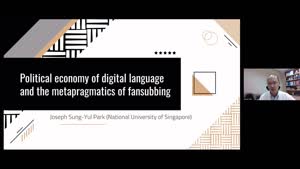
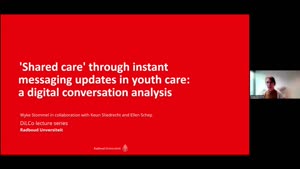
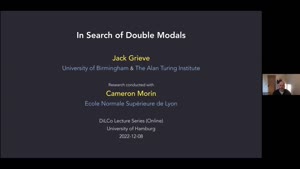
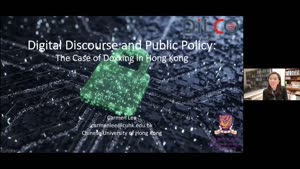
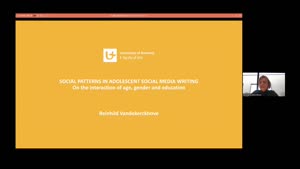
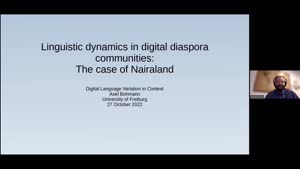
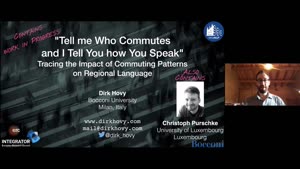
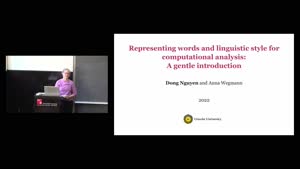
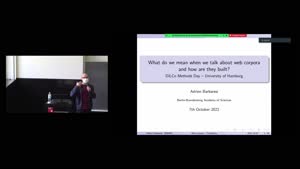
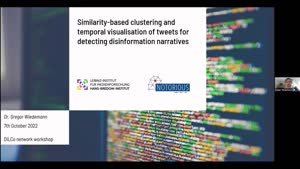
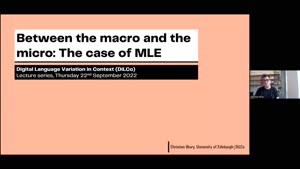
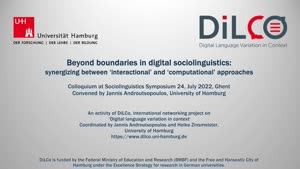
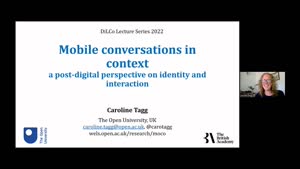
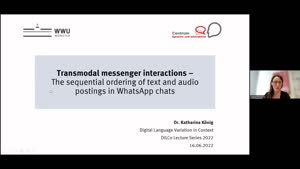
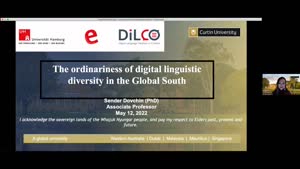
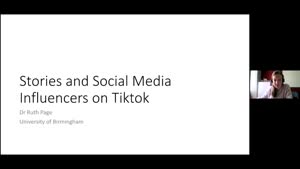
![Miniaturansicht - Graphic Prosody and political discourse on Greek Reddit [Presentation in Greek]](https://lecture2go.uni-hamburg.de/images/00.000_video-61074_2022-03-30_18-30_m.jpg?lastmodified=1663761108652)
